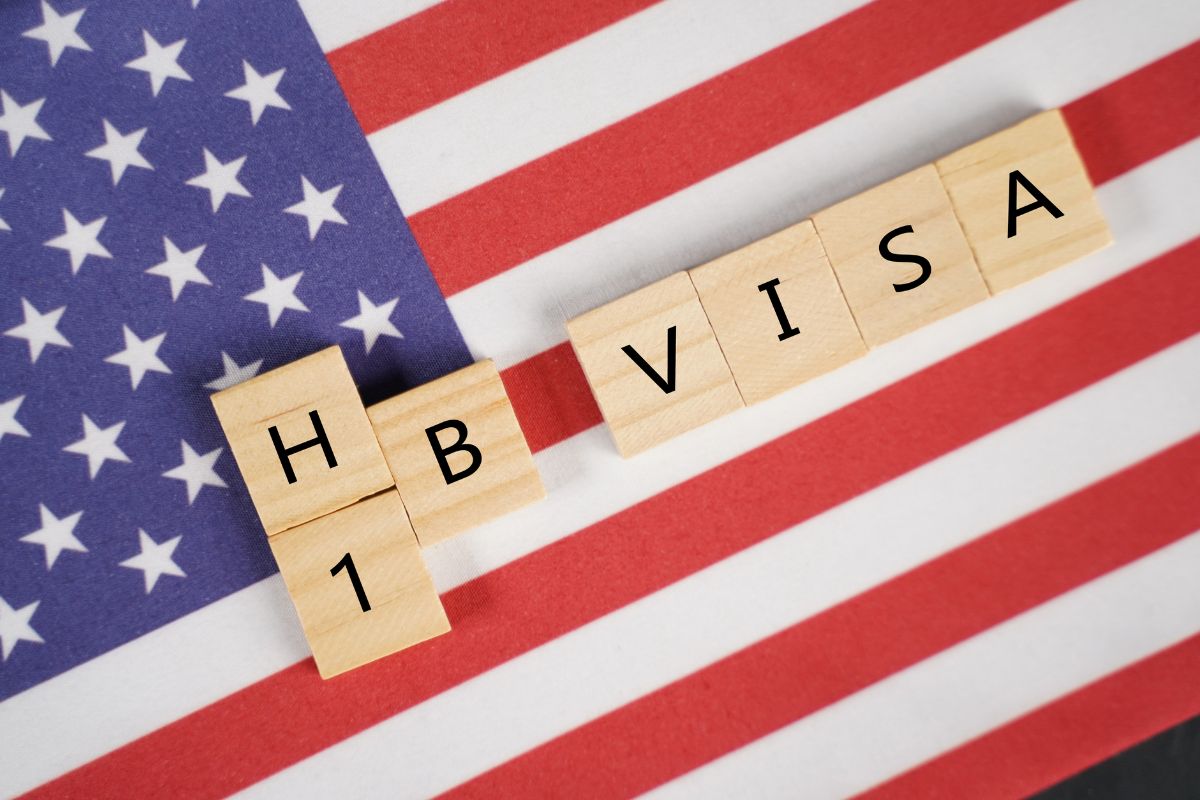In a move aimed at addressing the shortage of high-skilled workers and bolstering the US economy, a prominent US lawmaker of Indian descent, Raja Krishnamoorthi, has introduced legislation to increase the annual intake of foreign workers on H-1B visas.
The H-1B visa is a short-term work permit that has long been a pathway for skilled individuals, particularly from India, to work, live, and potentially seek citizenship in the United States.
High-Skilled Immigration Reform for Employment
The bill, known as the HIRE Act (High-Skilled Immigration Reform for Employment), was introduced last Friday and seeks to double the current annual H-1B visa quota from 65,000 to 130,000. The H-1B visa program was established to fill the shortage of speciality workers in the US job market.
However, critics have argued that the shortage is overstated, and some American companies are utilizing the program to employ less expensive foreign workers, often brought in by IT services companies.
Addressing Workforce Needs and Boosting the Economy
Krishnamoorthi emphasized that the expansion of the H-1B visa program would enable American companies to access much-needed talent to fill essential positions.
He believes that fostering a strong domestic workforce while attracting top global talent is crucial for the nation’s economic growth and technological leadership.
In a press announcement on Tuesday, Krishnamoorthi said;
“Creating jobs and building the economy of the future requires us to lead the way in technology by developing our domestic workforce while drawing the best talent from around the world. That is why I am proud to introduce the HIRE Act to increase investments in elementary and secondary school STEM education while doubling the number of available H-1B visas from 65,000 to 130,000.
AdvertisementBy investing in our homegrown talent while attracting the best minds from around the world, we can create better-paying jobs and harness the technology of tomorrow.”
Filling the Skills Gap through STEM Funding
The HIRE Act not only seeks to expand the H-1B visa program but also addresses the shortage of skilled workers within the United States. It proposes funding for Science, Technology, Engineering, and Math (STEM) programs in schools to nurture local talent and bridge the skills gap.
Vinay Mahajan, president of an advocacy group for IT services companies, expressed his support for the legislation, stating;
“The US needs to maintain its leadership in technology and innovation. The startup ecosystem needs to be supercharged. One critical component of both is high-skilled workers. The US has a large skills gap — availability of workers vs the openings for talent in IT.”
“The HIRE Act focuses on reducing this gap through high-skilled immigration and funding for growing local STEM talent. We need the brightest minds from all over the world to keep our wide lead in technology and innovation.”
(With Inputs From IANS)
Follow and connect with us on Facebook, Twitter, LinkedIn, Instagram and Google News for the latest travel news and updates!





